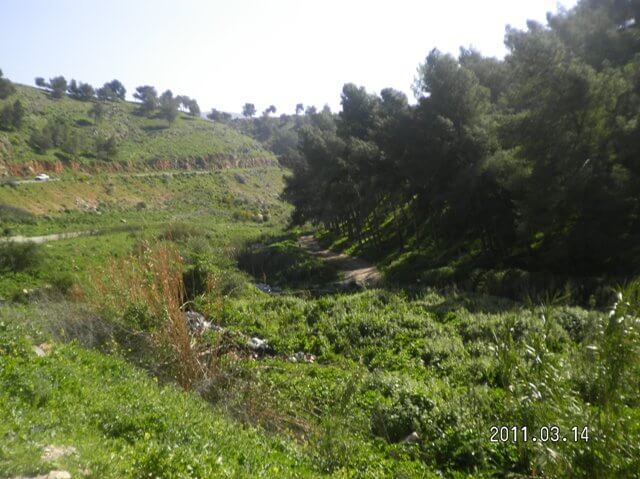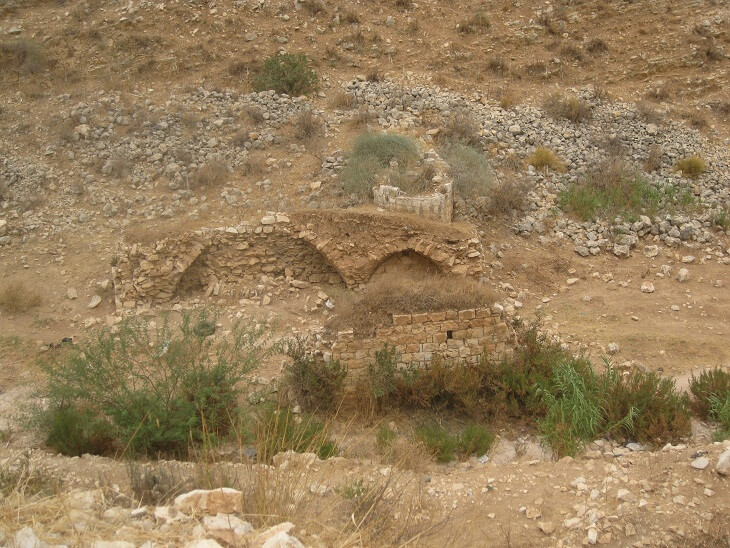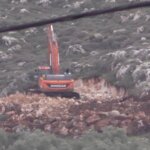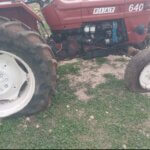Eco Park for the Jordan Valley, Palestine
The first Eco Park in the West Bank is being planned for an area called Wadi Al Malaki in the Jordan Valley. Wadi Al Malaki was historically the crossroads of two key trading routes, and encapsulates the unique environment of the Jordan Valley, with a deep wadi(stream) at the foot of a gorge and lush green plants covering the sides of the gorge in spring.

The project is becoming more urgent as the natural environment is rapidly being destroyed by settlement expansion, military training and the over extraction of water by Israel. In the site of the park itself there was once a spring at the source of the wadi, which in turn was a tributary of the River Jordan. Today the spring is all but non-existent, with the wadi being fed almost entirely by the rain water that runs off the surrounding hills in the winter and spring, . In summer and autumn it is barren and dry.
To recreate some of the original environment a dam will be built at the head of the wadi, which will collect up to 160,000m3 of rain water, which will be used for irrigation. There will then be a controlled flow of water along the wadi in the winter and spring, which will power the old water mills that will be renovated by the project. However, this will not provide enough water for irrigation of all the plants, so used water will be cleansed and recycled.

There is a lot of scrupulous work to be done, in documentation, collecting seeds and samples, propagating them, preparing the land, and caring for the plants as they become established. This task has already been started by Dr Banan, from the Earth Sciences and Environment Department of Al Quds University, who is carrying out a survey of all the plants in the northern Jordan Valley and identifying those which are rare or endangered.
It is anticipated that the park will then open to the public, and will include and museum, training room, and plant nursery.
Amid all the destruction and violations of the occupation forces, local communities are managing to maintain their attachment to the land. It is common place in all our communities to use for people to use wild plants for food and medicine, and to have a really intricate knowledge of local wildlife. Creating an Eco Park will help to ensure that this diversity is maintained, and that visitors and those who live in the towns and cities can also gain an appreciation of the uniqueness of the environment we live in.




